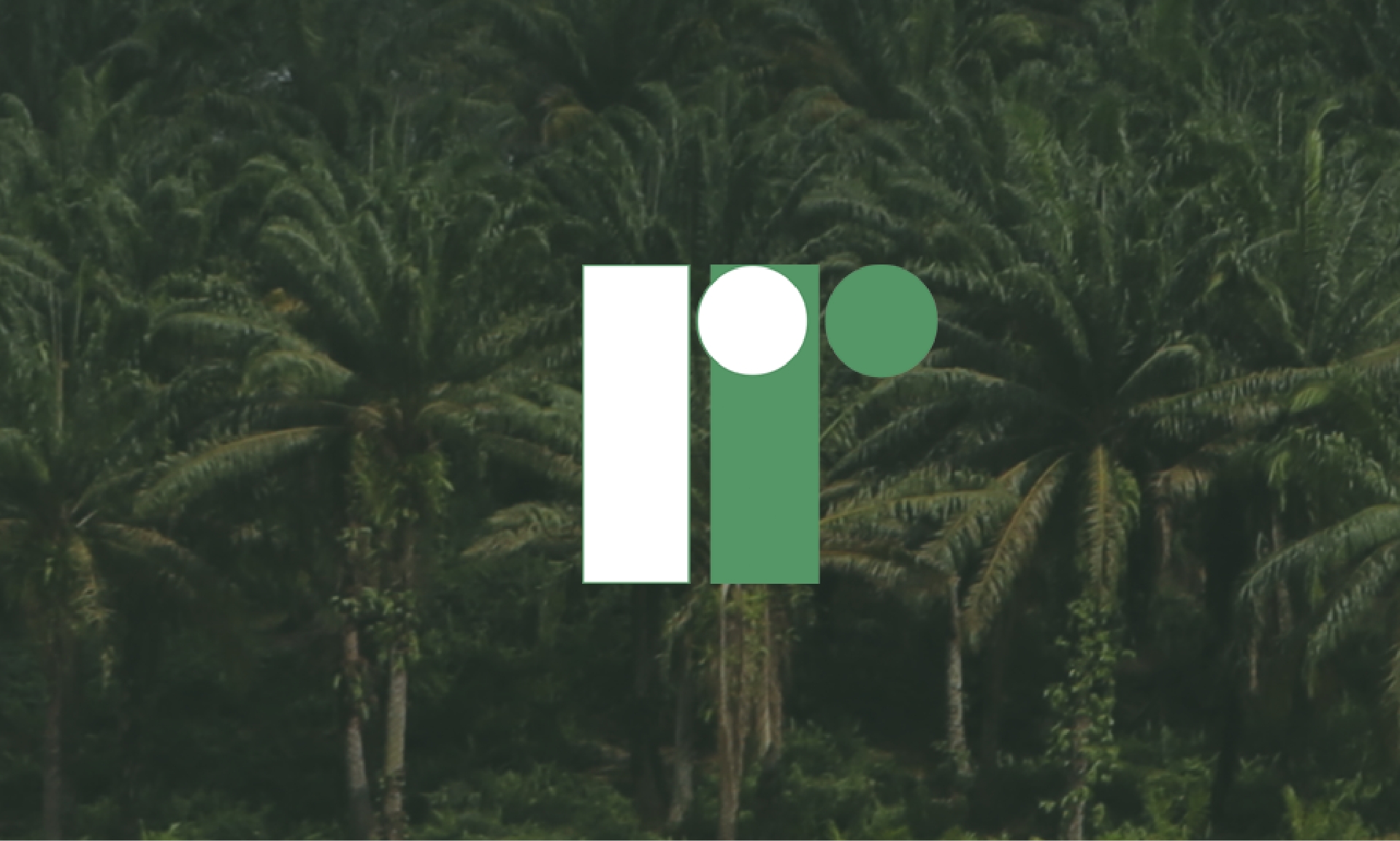Empowering Livelihood


Empowering Livelihood
Empowering Smallholders and Communities through Inclusive Partnerships
Empowering Livelihoods reflects our belief in fostering inclusivity and shared growth for both smallholders and local communities. This pillar aims to support smallholders by providing access to resources, training, and financial support to adopt sustainable practices, while for communities, it involves promoting education, economic opportunities and social development. By balancing the needs of smallholders and communities, we aim to create long-term value, improve resilience, and drive inclusive growth across our supply chain.
Smallholder Partnerships

At REA, we believe that empowering smallholders is essential for achieving sustainable development, fostering inclusive economic growth, and supporting environmental stewardship. We are committed to supporting all oil palm smallholders in local communities, including independent farmers, through three smallholder schemes: the Program Pemberdayaan Masyarakat Desa (PPMD), Plasma, and support for Independent Smallholders. Currently, we support over 1,000 independent smallholders who manage more than 7,000 hectares of land. These initiatives, coupled with REA's procurement of Fresh Fruit Bunches (FFB) from smallholder cooperatives, create mutually beneficial relationships, contribute to local employment opportunities, and provide training in sustainable good agricultural practices.
REA does not knowingly source from suppliers who are involved in illegal activities, including, but not limited to, violating human rights and deforestation. All our suppliers and smallholders must not violate REA’s policies, including but not limited to our Sustainability Policy, Responsible Development Policy, Human Rights Policy, Business Ethics Policy and others. In case of any violations or complaints received or alerts received from Satelligence on any risk of deforestation involving suppliers, within 30 days of such complaint REA will investigate the matter, engage with the supplier, seek clarification, gather evidence and supporting documentation, and report the findings to the chief sustainability officer and management to determine the necessary action. In cases of proven violation, the supplier is required to respond and clarify any grievance issue within 30 days from the date of management’s decision and commit to a timebound action plan. If the supplier fails to respond and commit to the timebound action plan or make progress within the stipulated timeframe, REA will review the sourcing relationship with the supplier and take action to cease sourcing from the said supplier within 14 days until progress is made or the case is resolved. In instances of serious violations such as continuous deforestation, REA will determine on a case-by-case basis whether to issue a stop work order to the supplier or suspend the supplier from its supply base.
In cases of proven violation, the supplier is required to respond and clarify any grievance issue within 30 days from the date of management’s decision and commit to a timebound action plan. If the supplier fails to respond and commit to the timebound action plan or make progress within the stipulated timeframe, REA will review the sourcing relationship with the supplier and take action to cease sourcing from the said supplier within 14 days until progress is made or the case is resolved. In instances of serious violations such as continuous deforestation, REA will determine on a case-by-case basis whether to issue a stop work order to the supplier or suspend the supplier from its supply base.
Smallholder Schemes
- Originally launched in 2001 as part of the Smallholder Farmers Programme, it was formalised as PPMD in 2005.
- REA supplies essential agricultural inputs including seedlings, fertilisers, herbicides and technical support.
- Interest-Free Financing: The expenses for these inputs are provided on an interest-free credit basis, with repayments taken from the proceeds when smallholders sell their Fresh Fruit Bunches (FFB) to REA's mills.
Impacts
The programme has supported 11 cooperatives, enabling local smallholders to access land and resources for oil palm cultivation.
As of 2024, the PPMD scheme covers 1,479 hectares of planted oil palm.
REA empowers smallholders by offering financial support, necessary resources, and expert guidance, enabling the cooperatives to maintain a steady income.
The Plasma Scheme was initiated in 2007 under Indonesian government regulations to support communities located near oil palm plantations. Although these regulations do not extend to plantations established before 2007, REA has chosen to proactively form plasma cooperatives with land areas adjacent to its land allocations developed prior to 2007 to ensure equitable treatment and shared prosperity.
As of December 31, 2023, REA had engaged with 2,232 oil palm smallholders under various plasma schemes, including 14 PPMD cooperatives and nine other plasma cooperatives, which accounted for 64.9% of the group’s total number of smallholders contracted/sourced.
How It Works
Financing
Plasma schemes receive financial support through loans provided by REA and local banks.
Financing
Plasma schemes receive financial support through loans provided by REA and local banks.
Impacts
The plasma scheme currently spans 4,034 hectares.
REA supports 7 cooperatives under the plasma scheme, providing consistent monthly incomes to participating communities.
REA facilitates the management of the complex financial, legal, and operational factors involved in plasma plantations, enabling smallholders to enjoy the advantages without the burden of administrative responsibilities.
- As of 2024, REA supports and sources from 1,278 independent smallholders, which includes 10 cooperatives, contributing to 34.1% of the total smallholders in REA’s supply chain.
- Focus areas include improving traceability, improving yields, and adopting sustainable good agricultural practices to ensure compliance with global standards and market demands.
- To further empower independent smallholders, REA has launched the SmallHolder INclusion for Ethical Sourcing (SHINES) programme in collaboration with corporate partners. For more information, read here.
Total active smallholder areas delivering FFB to the group amounted to 13,255 hectares on 31 December 2024, equivalent to 37 per cent of the planted areas of the group’s own estates of 35,795 hectares.
| 2024 | 2023 | |
|---|---|---|
| Smallholder Plantings (hectares) | ||
| Plasma | 4,266 | 4,034 |
| Independent Smallholders | 7,510 | 7,917 |
| PPMD | 1,479 | 1,281 |
| Total | 13,255 | 13,232 |
The group currently purchases FFB from the 11 PPMD cooperatives from 22 plasma scheme cooperatives and independent smallholder cooperatives. Together, they accounted for some 24 per cent of the FFB processed in the group’s mills and provided revenue to the cooperatives equivalent in total to $35.5 million in 2024.
| 2024 | 2023 | |
|---|---|---|
| FFB Purchased (tonnes)* | ||
| Plasma | 4,266 | 4,034 |
| Independent Smallholder and PPMD Cooperatives | 123,662 | 152,486 |
| Total | 196,299 | 226,540 |
At REA Kaltim, we prioritize fairness, transparency, and sustainability in our Fresh Fruit Bunch (FFB) purchasing process, ensuring that smallholders receive equitable benefits while fostering long-term partnerships and responsible practices.
- Transparent Pricing: Smallholders benefit from a pricing model that aligns with government standards while being responsive to market dynamics.
- Equitable Opportunities: Smallholders supplying FFB to REA are assured of fair treatment, timely payments, and open communication about pricing and quality requirements.
- Sustainability Alignment: By incentivizing certification and sustainable practices, REA fosters a more inclusive and responsible supply chain.
In 2022, we implemented a new pricing policy for purchasing FFB from independent smallholders to ensure competitiveness and provide better support for smallholder inclusion:
- Commercial Pricing
In place of the bi-weekly single price determined by local government authorities, REA has established a weekly commercial price based on current market conditions and competitor mill offers. - Mill-Level Pricing
Differential pricing across REA’s three mills balances FFB throughput and improves operational efficiency. - Sustainability Incentives
The new policy introduces opportunities for incentive payments to smallholders who receive sustainability certifications, encouraging the adoption of sustainable GAPs.
Effective engagement with smallholders is essential for understanding their unique challenges and providing targeted support.
On-the-Ground Support: Dedicated field teams provide hands-on guidance for plantation management, operational challenges, and the adoption of sustainable practices. Tailored Training Programs: Customized training sessions address the specific needs of different smallholder groups, ensuring relevance and impact.
For a detailed overview of how we support smallholders, visit the Smallholder Inclusion page, and for more information on SHINES, read here.